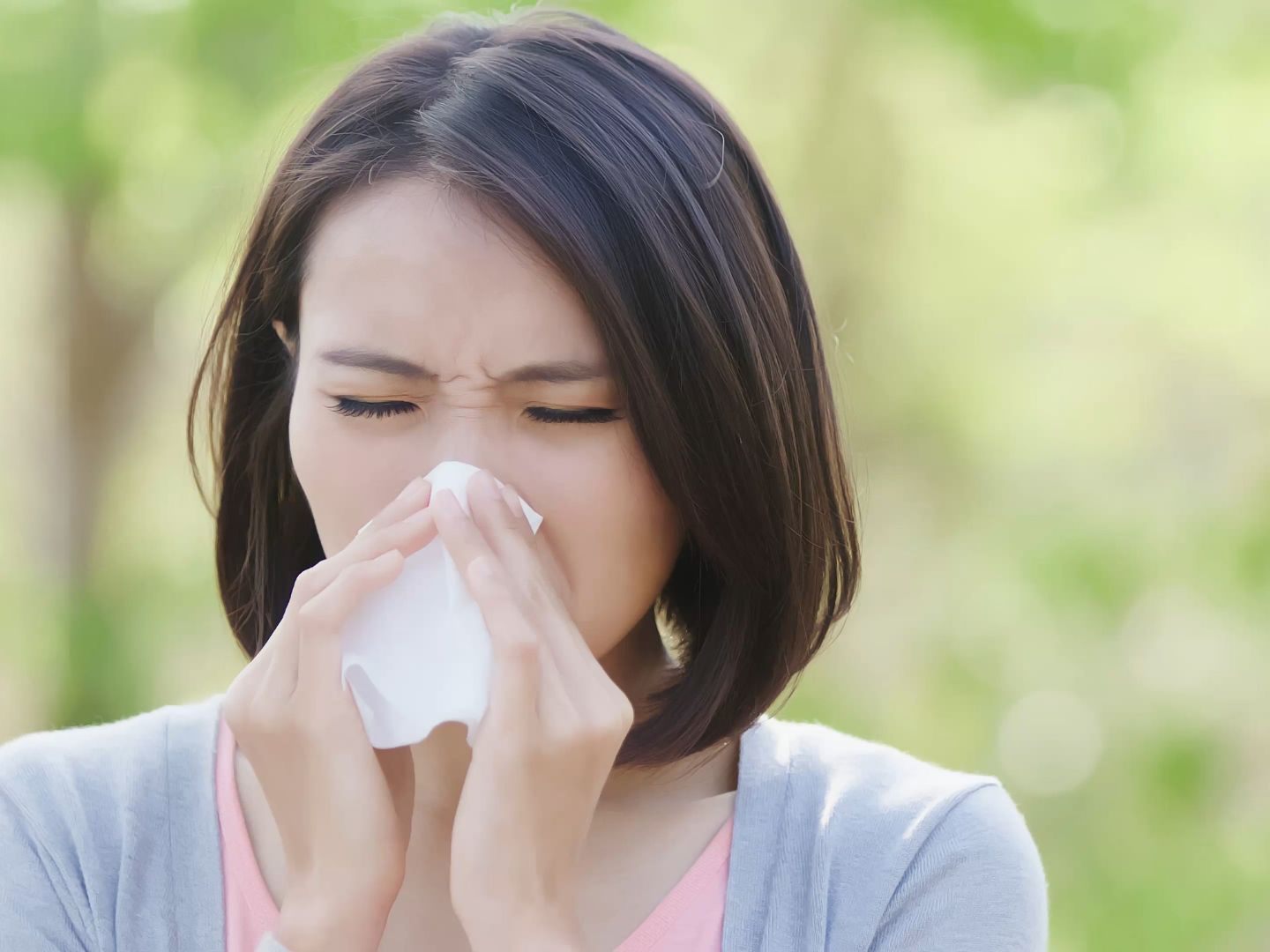Later, but Also Longer: How Climate Change Affects Allergy Sufferers

Summer is also pollen season. Now begins the time of pollen flight of the weeds. This refers to the herbaceous plants mugwort and ragweed. Both are highly allergenic and cause allergic symptoms even at rather low pollen concentrations. The dryness of the past months leads to a later start of the bloom. However, the recent rainfall promotes plant growth. The intensity of the bloom will not reach the levels of last year's ragweed pollen season. That was the second most intense bloom in the 50-year measurement history in Vienna. Mugwort will also be interesting - the bloom in autumn depends entirely on the weather conditions in September. This is shown by the research of the Pollen Service Vienna of the MedUni Vienna.
Top Allergen Mugwort is Later Than Usual
The mugwort pollen season usually begins in early July in Vienna and generally in the east of Austria. This year, the first pollen grains of mugwort were only recently counted. First blooming plants can also already be discovered. The blooming period covers July to September with the main blooming period in mid-August. This blooming phase is mostly attributed to the native mugwort species, the common mugwort (Artemisia vulgaris).
An allergy to mugwort is relatively common, ranking third among pollen allergies, right after grasses and birch. Moreover, even rather low pollen concentrations are sufficient to cause allergic symptoms in mugwort (similar to the related ragweed).
Neophytes Significantly Extend Pollen Season
Since 2023, a significant change in the mugwort pollen season has been observed in Vienna. This is most likely due to the establishment of two late-blooming neophytes: the Kamchatka mugwort (Artemisia verlotiorum) and the annual mugwort (Artemisia annua). A neophyte is a plant that spreads to areas where it was not originally native. A comparable situation existed in northern Italy (South Tyrol region), where both mugwort species now cause measurable pollen flight in autumn every year, thus extending the season.
The Pollen Service Vienna of the MedUni Vienna also observes this development: The peak value in pollen flight due to mugwort in autumn was even three times higher in 2024 than that in summer. Phenological observations have now also shown that both neophytic species bloom in Vienna.
All Clear for Ragweed Allergy Sufferers: Milder Season Expected
Ragweed (Ambrosia artemisiifolia) is a long-known neophyte. The typical locations include fallow areas such as roadsides, highways, construction sites, and fields. The pollen season lasts from August to October, depending on weather conditions.
This year, a slightly later bloom is expected due to the dryness in early summer. This is consistent with reports from Hungary, which is heavily infested with ragweed. If symptoms are already appearing in affected individuals at this time, they are most likely reacting to mugwort, which is closely related to ragweed and highly cross-reactive.
Good news: the season will be milder than last year. This is also because the ragweed pollen season in 2024 was extremely intense and ranked second in Vienna's 50-year measurement history.
Especially with ragweed, long-distance transport from neighboring countries plays a significant role. With wind conditions from the east or southeast, additional ragweed pollen is introduced. Ragweed is a known problem for the health sector, agriculture, and also for infrastructure maintenance. Uprooting before blooming is considered the most effective method, but it is labor-intensive.
Climate Change Particularly Burdens Allergy Sufferers
Maximilian Bastl from the Pollen Service Vienna at MedUni Vienna summarizes: "Everyone with pollen allergies to weeds should now prepare for the pollen season. Climate change has a noticeable impact on the pollen season: the window without pollen in the air is getting smaller. Mugwort pollen is already in the air and will accompany us into the fall. Ragweed pollen further exacerbates the situation in August."
(Red)
This article has been automatically translated, read the original article here.





